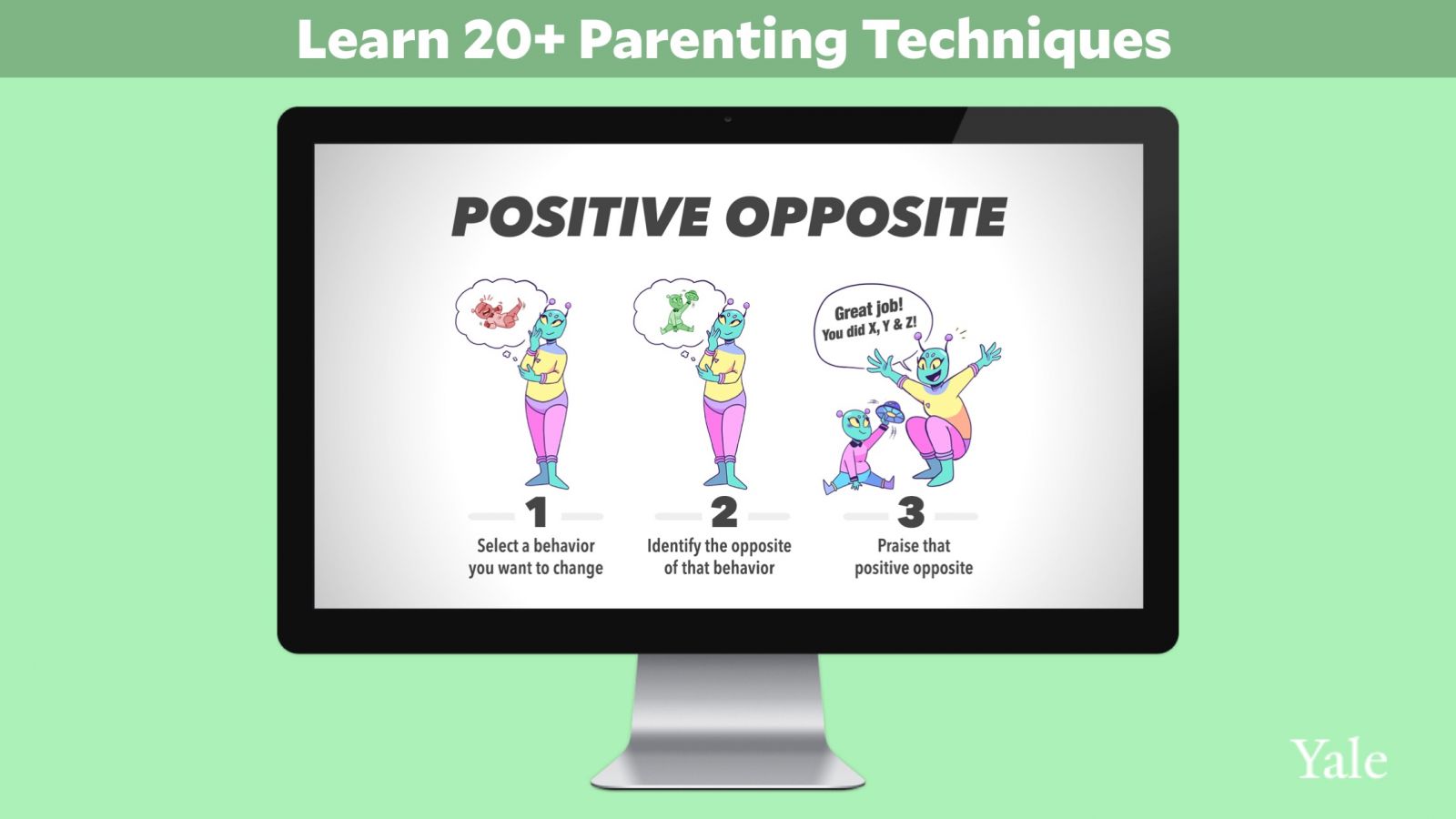
Before COVID-19 and self-isolation, most Americans spent 69% of their time in their home and 87% of their time indoors, according to the National Human Activity Pattern Survey. Social distancing measures enacted by governors have reduced the amount of time spent outside the home for more than 71 million people in the U.S.
As a result of the pandemic, many parents spend more time at home with their children, from infants to college students. Dr. Alan Kazdin, Yale University Sterling Professor Emeritus of Psychology and Professor Emeritus of Child Psychiatry, teaches “Everyday Parenting: The ABCs of Child Rearing” on Coursera. More than 76,000 people have enrolled in the free online course to learn how they can cope with added pressures in the home.
“[Dr. Kazdin] explains things very clearly and you can tell that he really cares about helping parents learn the most effective ways of shaping child behavior,” wrote one parent who recently completed the Coursera course. “The [material] he teaches is not just conjecture either, it’s based in science and studies.”
Everyday Parenting provides parents with a toolkit of behavior-change strategies designed to make a “typical” day in the home easier. The lessons share step-by-step instructions and demonstrations for parents of children and adolescents. However, many of the lessons apply to the extreme circumstances faced by millions of people around the world.

“With added stress in the home due to COVID-19, it is critically important not to make things worse or more difficult. Parents should let little things go - such as not making the bed, not putting toys away, or texting with friends during ‘family time’ - even if they are not so little when daily routines are back to normal,” said Kazdin.
“Keep in mind, stress, signs of psychological problems, and other serious problems are all on the rise right now with people confined in their homes,” said Kazdin. “Parents are encouraged to emphasize relationships and shared time. They can ensure punishments, reprimands, and corrections of children or adolescents are kept to an absolute minimum. Behaviors will go back on track when we are through with the confinement.”
Kazdin advises parents to take time to reflect on their own stress levels. He points out that children often observe and react to their parent’s emotions.
“Are you stressed? Are you a little more irritable than usual?” said Kazdin. “When looking for warning signs of your children, look for signs of anxiety and depression. Do they talk about worrying a lot? Are they having sleep problems? Do they sit and avoid doing anything?”
While parents might consider a light routine, they should not enforce a rigid structure for each day. Kazdin suggests that parents can consider a daily activity and they can offer adolescents more responsibility to determine the activity for a given day. He provides two ideas:
Idea One: Storytime
Take time each day to share a happy, fun story from the past. Each person can take a turn sharing a story or you can assign one storyteller for each day. Ask the storyteller to describe the memory in detail: What exactly did they like? What was special? Who was there? What were you wearing? Was it sunny or raining? Parents can reinforce that happier times will return.
Idea Two: Learn something new
Challenge yourselves to learn something new each day. Aim to spend 20 minutes together as you poke around YouTube and other sources to learn about your selected topic. You can start with topics related to animals, the environment, cooking, or art. Why do turtles live so long? How do you make bread? Who invented toilet paper and how is it made? Who is Loïs Mailou Jones and what inspired her art? The goal is simply to have fun, but you will create a positive collateral effect in your relationship, in what was learned, and in developing a new interest.
“Make sure to set aside time every day to do activities together,” said Kazdin. “Consider learning additional practical parenting strategies by completing my lessons about praise, positive opposites, and nurturing environments on Coursera. Parents have worked so hard to raise their child, they care so much, they worry, they make plans, and they love deeply. This is a challenging time, but parents and caregivers have the ability to instill calm in their child’s life.”
To enroll in Dr. Alan Kazdin’s course, please visit the Everyday Parenting webpage on Coursera.
